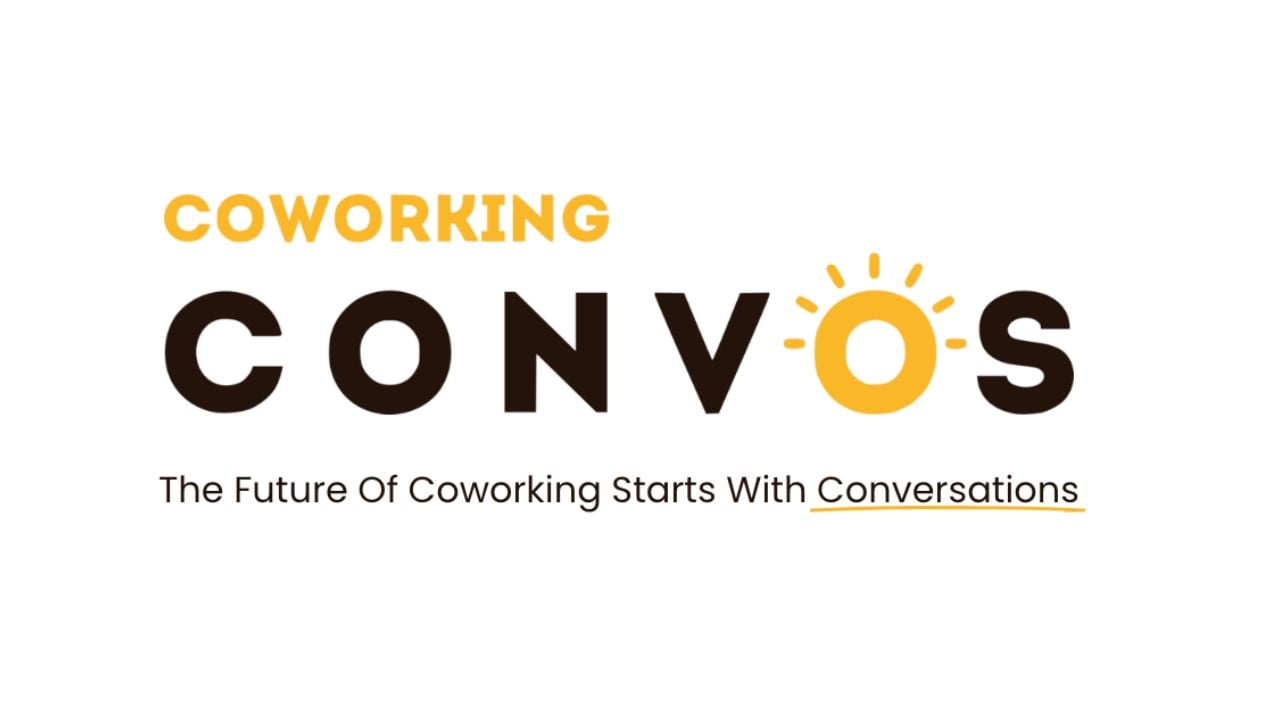- One of the challenges faced by virtual office operators is the price comparison between a virtual office and a private mailbox.
- Private mailboxes appear cheaper due to their limited facilities, while virtual offices have evolved to accommodate more than just mail.
- These 6 points highlight the key differences and demonstrate why virtual offices are a more valuable alternative for growth-oriented businesses.
Virtual offices tend to sit quietly in the shadow of the more publicised growth of flexible workspace and coworking. However, virtual office services have always been an integral part of the hybrid workspace; much like business centers, they can be traced back to the 1970s.
Over the years the virtual office concept has evolved and diversified in line with technological advances to offer a whole suite of modern services for remote workers, including live receptionist services and cutting edge VoIP platforms.
Interestingly, however, one thing that hasn’t changed over the years is the humble address-and-mail combo. It’s low cost, low tech, and it’s the basic entry-level of every virtual office plan.
And yet that’s where competition is at its most fierce.
That’s because virtual office companies and flexible workspaces don’t just compete between themselves for mailing address services, they also compete directly with private mailbox providers. The problem for workspace operators is that mailbox companies offer a mailing address at a lower starting rate than most business centers and coworking spaces.
For instance, a quick search shows that lockable mailboxes on Fifth Avenue in New York start from around $25/month, while virtual office providers offering a business address on the same street start at around $50/month.
Why? Because mailbox providers offer a mailbox, little more. It’s a straightforward mailing destination with lower overhead. This does the job just fine for certain businesses.
Other mailbox users simply don’t realize that there are viable alternatives.
Key Differences Between a Mailbox and a Virtual Office
There’s a lot of overlap between virtual offices and private mailbox services, which makes it challenging for virtual office providers. When you search online for terms like ‘mailing address’, you get both private mailbox options alongside virtual offices.
Like virtual offices, private mailbox services provide a mailing address, mail storage facilities, and a mail redelivery or forwarding system.
The main difference between the two is that private mailboxes are typically based in a retail store setting and not in an office building. They’re not set up for impromptu walk-ins and visitors, and therefore don’t provide a place to work or meet with clients.
On the other hand, virtual offices have a physical space with a receptionist who receives and signs for mail and is able to greet visitors during business hours. Also, the client has access to meeting rooms, day offices and a host of other facilities provided by the center.
For bank credit, an address must be a commercial address. Often private mailbox centers are not recognized by the system banks use.
A lot of people simply don’t realize these differences. However, there are astute entrepreneurs that take the time to ask why, and that’s where virtual office operators have the opportunity to educate prospects on the crucial differences.
6 Responses to: “Why is a Virtual Office More Expensive than a Mailbox?”
When it comes down to a cost comparison, here are some key points you should raise.
- A mailbox is cheaper – but it also looks cheaper. Entrepreneurs should be sure that the address, which will become the home of their business, matches the image they want for their brand. It can make a business look low-budget, which isn’t the best message to send to clients. However, a virtual office address is based inside an office building, complete with receptionists, workspace, meeting rooms, and curb appeal. The latter demonstrates greater professionalism, care, and commitment.
- Watch out for extra charges per item of mail. A mailbox appears cheaper, but there’s usually a limit on how many items you can receive each month. After that, there’s typically a charge for each item of mail. When mail volume is high, it often ends up the same cost as a virtual office in a coworking or business center, or in some cases, more expensive.
- You can’t hold a meeting in a mailbox. Even when working remotely, there are times when every entrepreneur needs to sit down with clients, investors, suppliers, or coworkers. Virtual offices have evolved with business requirements in mind, which goes beyond receiving mail and now includes onsite meeting rooms and day offices, which can be used by the hour or reserved by the day. Plus, virtual offices can accommodate visiting clients – no matter how unexpected their arrival. Receiving a friendly smile on reception leaves a much more favourable impression than a locked mailbox (or being turned away by security).
- You can’t use a retail mailbox address to get business credit with banks. When the time comes to apply for business funding, or when preparing to apply for credit in the near future, applicants will need a proper business address. A virtual office address is acceptable, but private mailboxes aren’t recognized by banking systems. Also, entrepreneurs should bear in mind that it’s important to build the perceived credibility of their business long before they make an application for credit, and while having a private mailbox as a previous address won’t necessarily tarnish their application, a virtual office helps a company appear more credible.
- Check out the address on Google Images. When people look up a mailbox address online, they will often see a retail centre or a storage facility rather than an office building. Again, it comes down to perception, and this can have a negative effect on a clients’ first impression – particularly if there’s nowhere to hold a meeting but the local coffee shop.
- Think longer term. How long is the mailbox contract? Let’s say it’s a six-month or 12-month term. A lot can happen in that time, including taking on new clients and opportunities for outside investment. Entrepreneurs renting a private mailbox for their business should consider their aspirations for the future. Do they plan to hold regular meetings? Will they need a place to touchdown and work from time to time? Are they likely to apply for credit? Will they need receptionist or customer service support? A virtual office can provide all of these services, while most private mailboxes can’t.

 Dr. Gleb Tsipursky – The Office Whisperer
Dr. Gleb Tsipursky – The Office Whisperer Cat Johnson – Coworking Marketing Maven
Cat Johnson – Coworking Marketing Maven Angela Howard – Culture Expert
Angela Howard – Culture Expert Drew Jones – Design & Innovation
Drew Jones – Design & Innovation Andrea Pirrotti-Dranchak – Competitive Advantage
Andrea Pirrotti-Dranchak – Competitive Advantage Jonathan Price – CRE & Flex Expert
Jonathan Price – CRE & Flex Expert Jeremy Fennema – Tech Innovation Alchemist
Jeremy Fennema – Tech Innovation Alchemist










